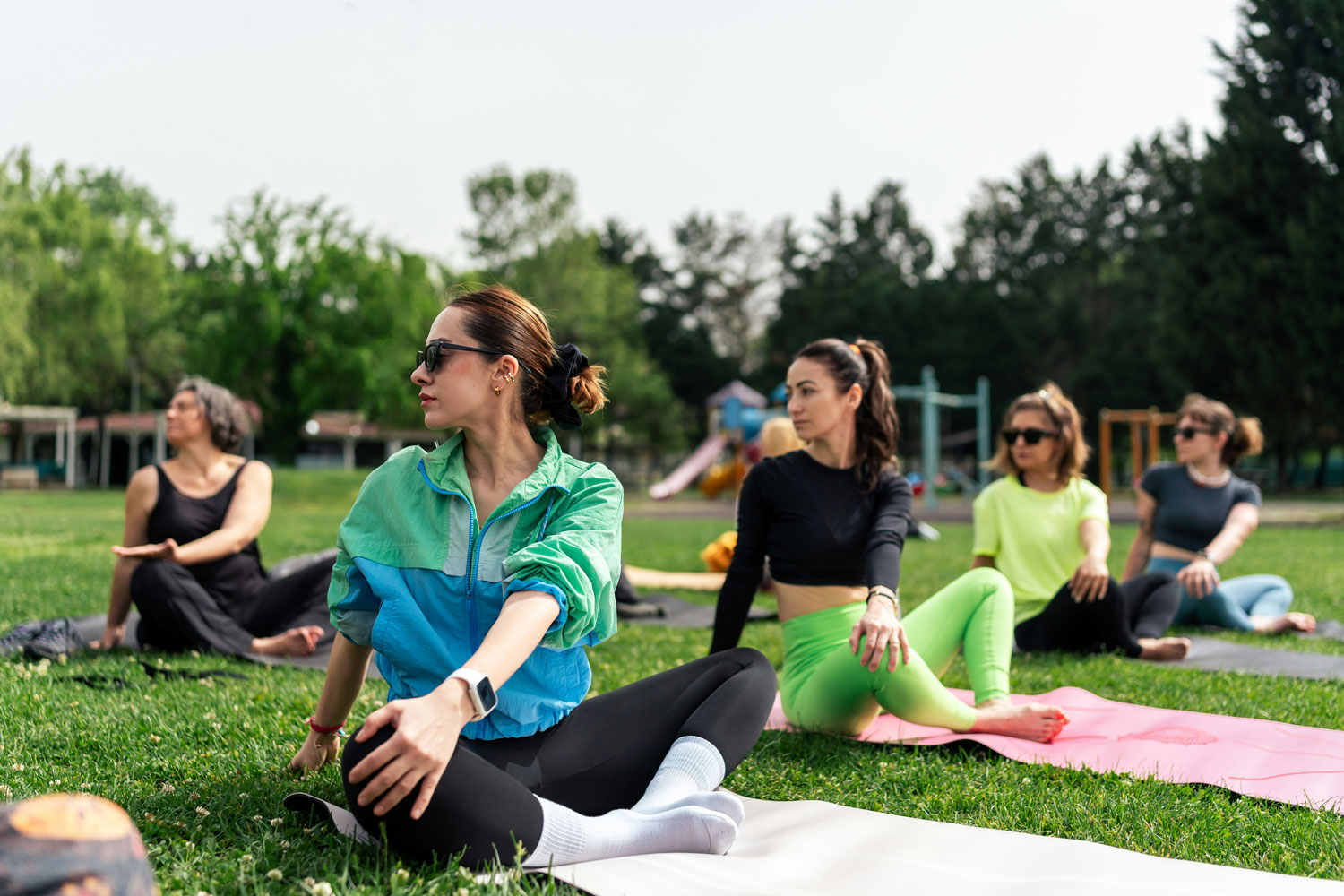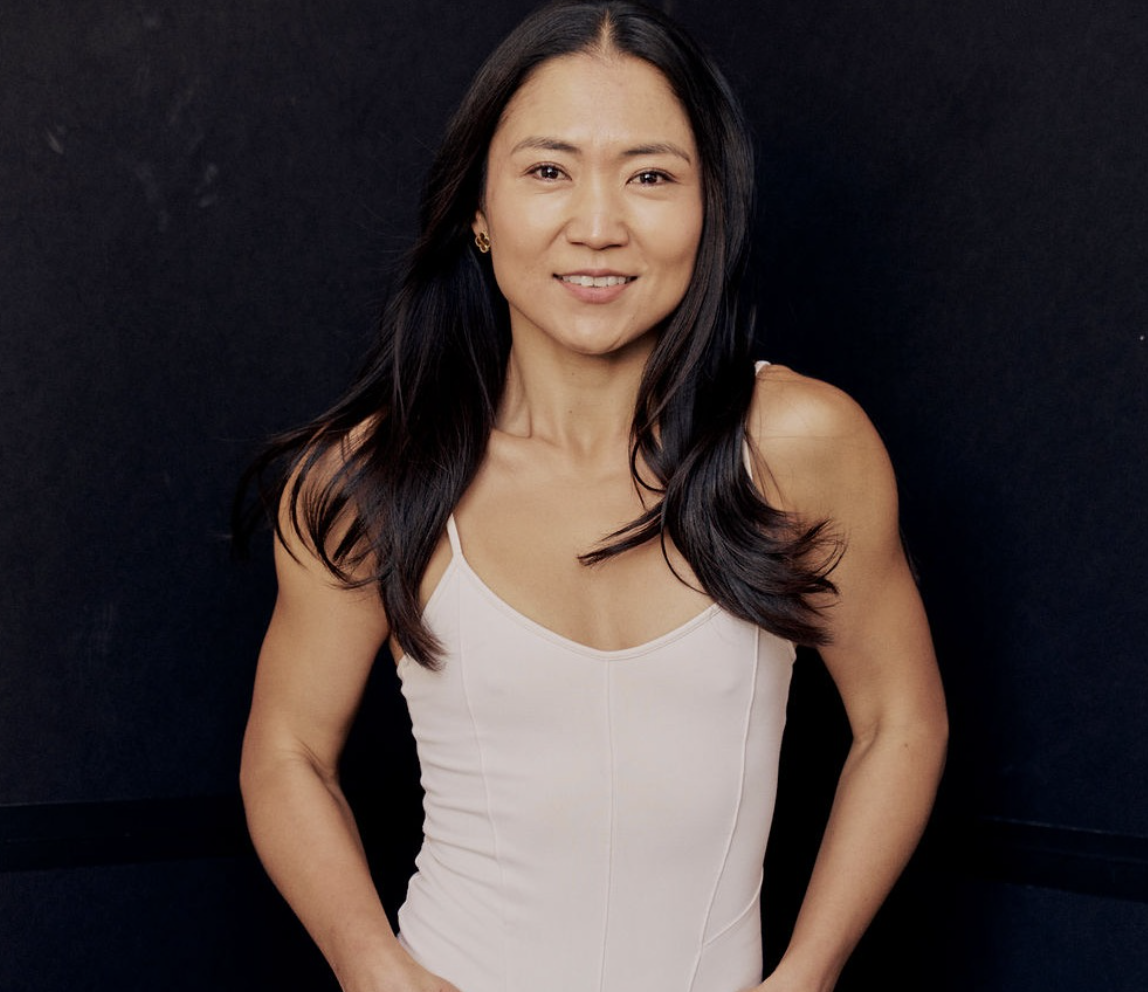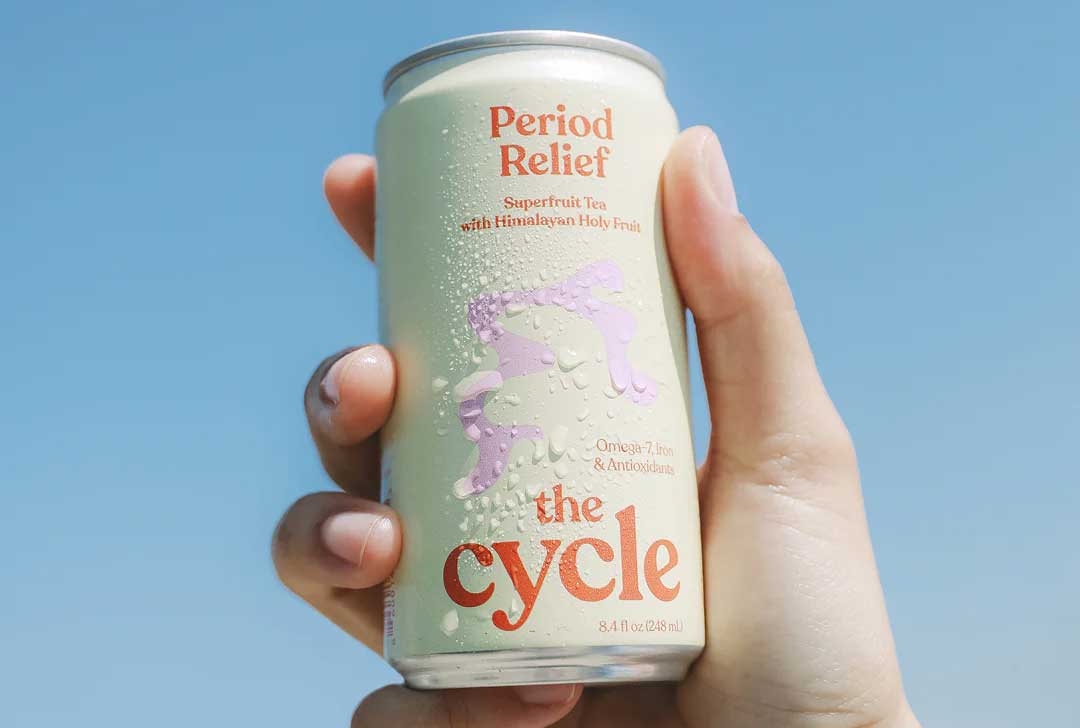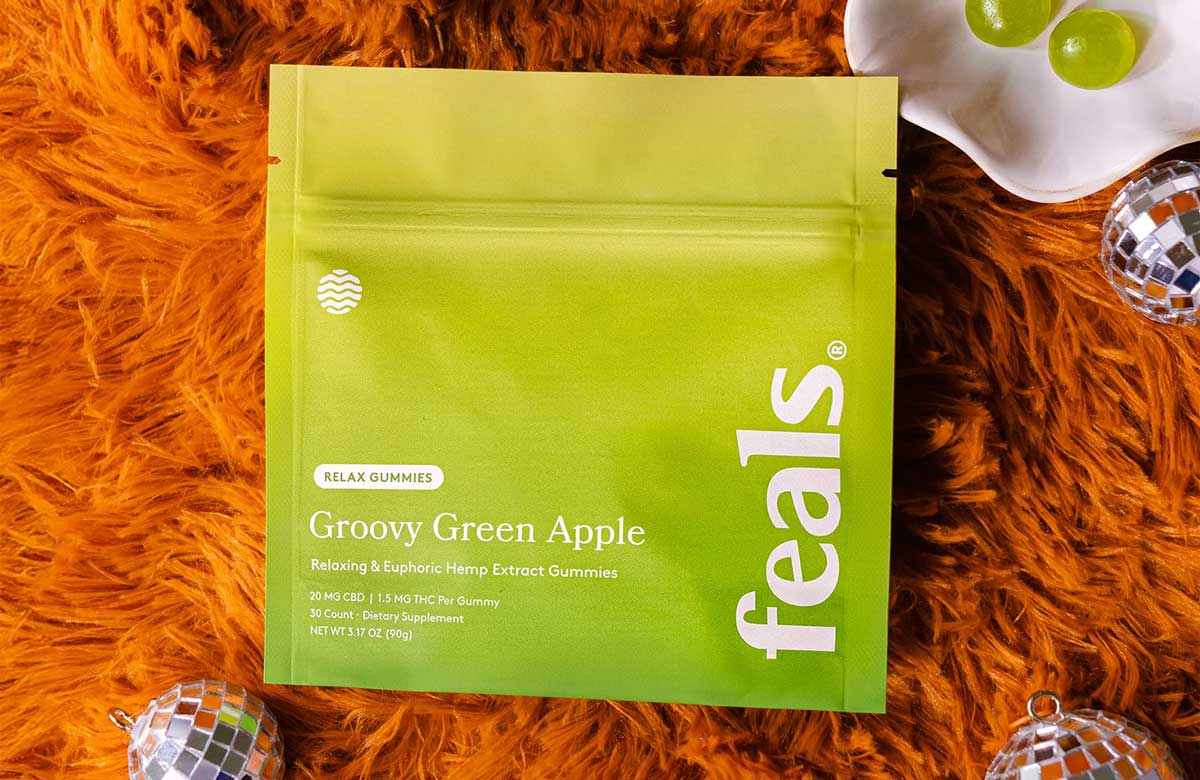Reality check. lululemon’s latest Global Wellbeing Report found that the relentless pursuit of wellness could be making us unwell.
The numbers
Despite a majority of respondents saying they actively prioritize wellbeing, the pressure to keep up is creating a counterproductive cycle:
- 61% experience unrealistic expectations from society
- 53% say there’s conflicting information on best practices
- 89% say loneliness contributes to wellbeing burnout
The data is clear: Healthy habits fuel self-improvement, but striving for perfection leads to self-sabotage.
“Often, the pressure to improve our wellbeing causes us to overthink and fixate on what’s lacking in our lives,” says Dr. Murali Doraiswamy, professor of psychiatry and behavioral sciences at Duke University and lululemon Mental Wellbeing Global Advisory Board member.
Breaking the cycle
There’s no foolproof wellness formula. The report suggests taking a simple approach. Here’s how:
- Quiet the noise: Cut out distractions and set boundaries. People who take social media breaks report 9% higher wellbeing.
- Move your way: Those who incorporate even a little movement throughout their day boost wellbeing by 16%. Challenging the notion that intensity is necessary, the report says a brief stretch, walk, or meditation is enough for positive effects.
- Connect and sweat: Make wellness a social activity. When people feel a sense of belonging during workouts, they experience 21% higher wellbeing.
“Setting gradual, achievable goals, turning the pursuit of wellbeing into a source of joy and anticipation rather than stress,” recommends Dr. Doraiswamy.
This sentiment is echoed by Dr. Alfiee Breland-Noble of The AAKOMA Project, who adds, “It’s okay to have off days — prioritizing wellbeing isn’t about perfection. Focus on one small action each day, whether it’s drinking more water or taking a five-minute walk.”
The Bottom Line
Wellness shouldn’t be a source of stress. Focus on small, sustainable habits. Prioritize people and practices that bring you joy, not protocols that burn you out.

 Published on Oct 21, 2024 by
Published on Oct 21, 2024 by 








